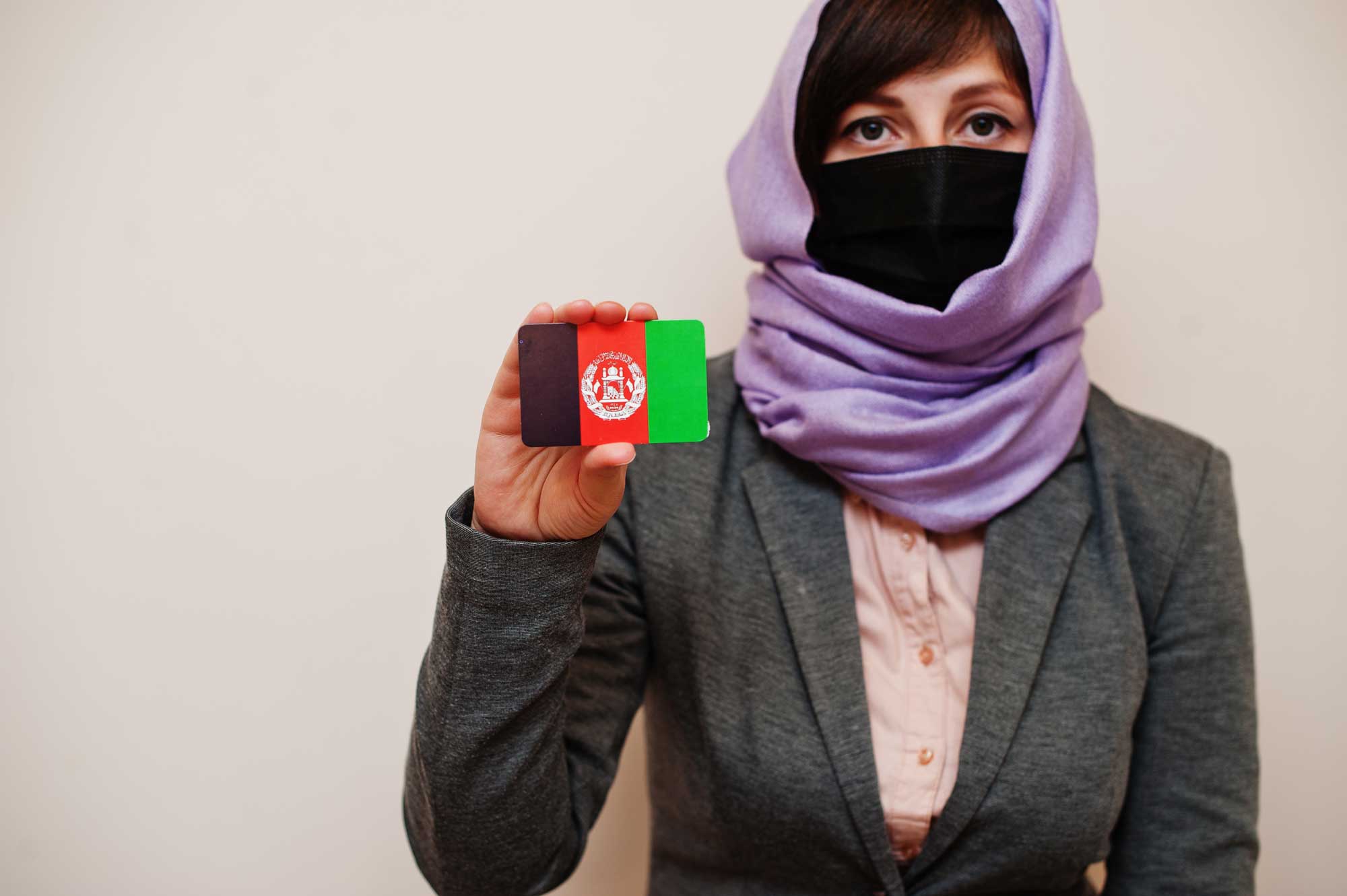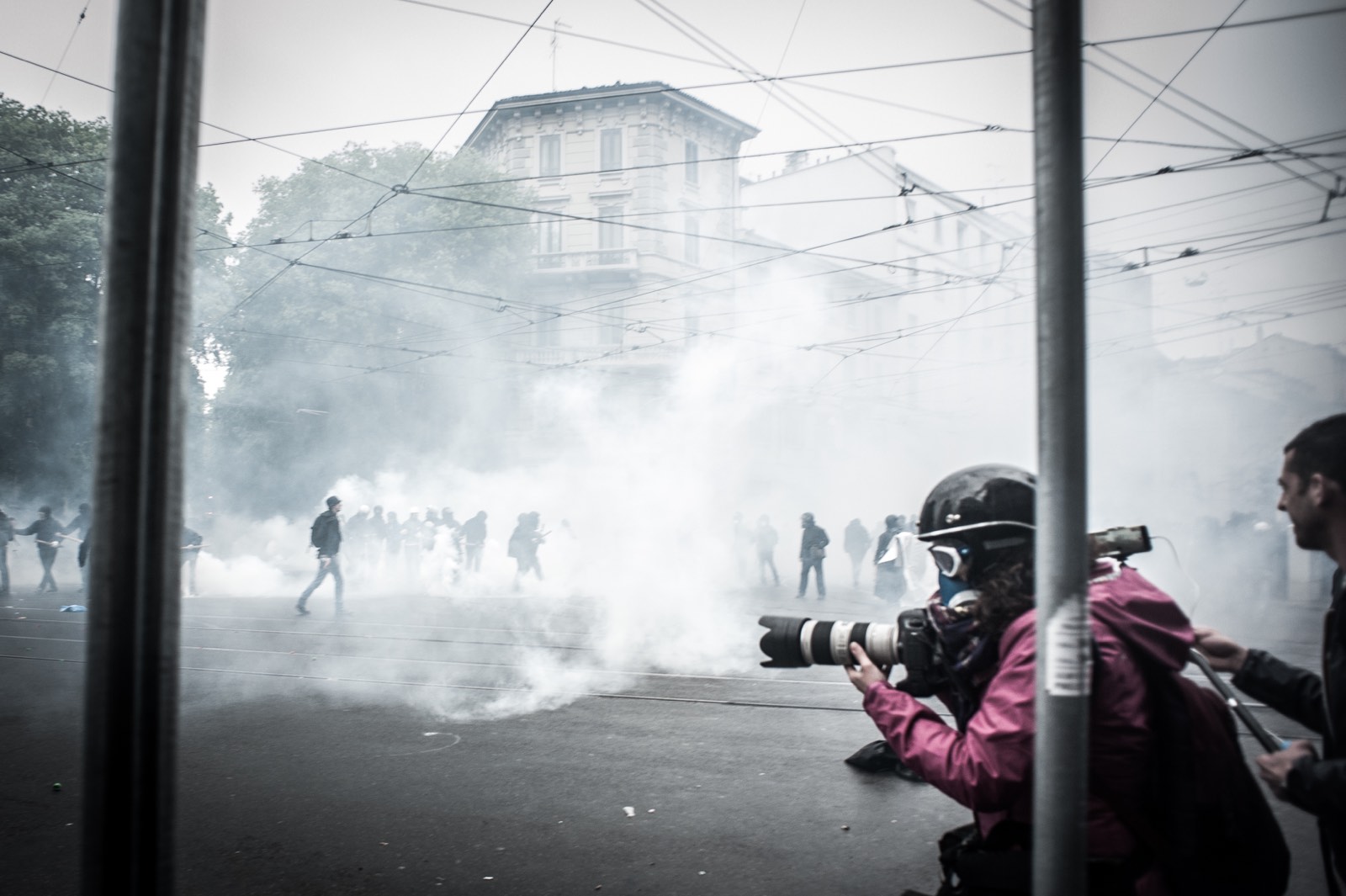Where Not to Go: Understanding the UK Foreign Office’s Strongest Travel Warnings

The UK government’s Foreign, Commonwealth & Development Office (FCDO) issues regular, detailed advice on the risks of travelling abroad. For most destinations, this is routine—entry requirements, local laws, health precautions. But for a select group of countries and regions, the FCDO warns in the starkest possible terms: do not go.
As of mid-2025, the FCDO unequivocally “advises against all travel” to at least 10 nations due to extreme risks to life, safety, or liberty. These are not gentle cautions; they are the government’s strongest possible signals that visiting these places could be deadly. Here’s what you need to know about the most serious warnings—and what they mean for travellers, aid workers, journalists, and anyone who might be tempted to ignore them.
The Top 10 Countries Under “Do Not Travel” Warnings
According to the latest FCDO guidance, the countries currently subject to the severest “all travel” advisories include:
(Note: This list is based on the most consistently cited countries in recent FCDO warnings; exact rankings and entries can shift with geopolitical events.)
Why Does the FCDO Issue “All Travel” Warnings?
The FCDO doesn’t take such steps lightly. These warnings are reserved for places where the government believes British citizens face a genuine and imminent threat to their lives, safety, or freedom. The triggers are varied but severe:
• Active armed conflict or war: Afghanistan, Syria, Yemen, and—as of 2025—Israel and the Occupied Palestinian Territories, where military action and terrorist attacks are frequent and unpredictable.
• Political instability and risk of detention: Belarus and Iran, where UK nationals have been arbitrarily detained, sometimes as diplomatic leverage.
• Collapse of law and order: Haiti and Libya, where state institutions have largely broken down, leaving a vacuum filled by armed gangs, kidnappers, and militias.
• Extreme violence and terrorism: Lebanon, South Sudan, and parts of Nigeria and Pakistan, where criminal and extremist groups operate with near impunity.
• International sanctions and diplomatic tensions: Russia, where the ongoing invasion of Ukraine has led to heightened risks for foreigners, including potential detention and lack of consular access
These warnings are not theoretical. They are based on real, documented cases of kidnap, arbitrary detention, violent death, and near-total absence of state protection or consular assistance.
What Does “Advises Against All Travel” Really Mean?
The FCDO’s wording is precise: “Advises against all travel” means the government believes you should not go there, under any circumstances, unless you are a British government employee on official duty—and even then, only with extreme caution.
Key implications:
• Travel insurance is void: If you choose to travel against FCDO advice, standard travel insurance will not cover you for medical emergencies, evacuation, theft, or any other claims. You are entirely on your own financially and logistically.
• No consular support: The British government may be unable to help you if you get into trouble—no evacuations, no prison visits, no emergency loans, no negotiation with local authorities.
• Legal and reputational risks: Employers, family, and even the media may question your judgement if you ignore these warnings and something goes wrong.
• Limited evacuation options: Even if you can afford private security or medical evacuation, the chaos on the ground may make extraction impossible.
“All but essential travel” is a slightly less severe warning, reserved for places like North Korea, parts of Pakistan, and regions affected by natural disasters, where the risks are high but not absolutely prohibitive. The FCDO leaves it to individuals to decide what “essential” means—but the message is clear: think very carefully before going.
Real-World Consequences of Ignoring FCDO Advice
Journalists, aid workers, and business travellers sometimes feel they have no choice but to enter these zones. But the risks are not abstract:
• Kidnap and ransom: In Haiti, Libya, and Yemen, kidnapping of foreigners is a thriving industry. There is no guarantee of safe return, even if a ransom is paid.
• Arbitrary detention: In Iran and Belarus, British nationals have been detained on spurious charges, used as pawns in international diplomacy, and held for years without trial.
• Violent death: In Afghanistan, Syria, and parts of Nigeria, foreigners are targeted by insurgents, terrorists, and criminal gangs.
• Disease and deprivation: In South Sudan and Yemen, collapsed infrastructure means no clean water, no functioning hospitals, and no way out in a medical emergency.
There’s also a psychological toll: the constant stress of danger, the isolation of being cut off from consular support, and the guilt of putting loved ones through anxiety.
The Legal and Insurance Minefield
Standard travel insurance policies have clear exclusions for travel to countries or regions where the FCDO advises against all travel. This isn’t a loophole—it’s a core condition. If you’re injured, robbed, or worse, you’ll have no financial recourse. Specialist insurers do exist for aid workers, journalists, and high-risk corporate travellers, but these are expensive, require expert underwriting, and still may not cover every eventuality.
Moreover, employers have a duty of care. Sending staff into these zones without adequate insurance, security, and contingency planning could lead to legal action, reputational damage, and profound moral consequences.
“No-Go Zones” Within Otherwise Accessible Countries
It’s not just entire countries that are off-limits. The FCDO also warns against travel to specific regions within otherwise visitable nations. For example:
• Pakistan: All travel is advised against within 10 miles of the Afghan border, most of Khyber Pakhtunkhwa, Balochistan, and much of Sindh Province.
• Nigeria: The northeast states (Borno, Yobe, Adamawa, etc.) are no-go areas due to insurgency and kidnap risk, while the south is relatively stable.
• Ukraine: All regions are off-limits except for a sliver in the west, due to the ongoing war with Russia.
• Myanmar: Vast swathes of the country are unsafe due to civil war and ethnic conflict.
These “red zones” can shift rapidly with the security situation, so checking the FCDO’s country pages before travel is essential.
What Should You Do If You Must Travel?
If your work or mission requires you to enter a forbidden zone, you are entering a world of extreme personal responsibility. Here are the non-negotiables:
• Get specialist security and medical advice before departure. Hostile environment training is a must.
• Secure specialist insurance that explicitly covers high-risk zones and hostile environments.
• Register with the FCDO so they know you’re there, even if they can’t promise help.
• Have a crisis plan: know your evacuation routes, emergency contacts, and what to do if things go wrong.
• Weigh the moral and professional calculus: is your presence truly essential, or could your work be done remotely or by local partners?
The Bigger Picture: Duty of Care and Global Citizenship
The FCDO’s “do not travel” list is not just bureaucracy—it’s a distillation of decades of diplomatic experience, intelligence, and hard lessons from tragedies past. For organisations, it’s a reminder that duty of care doesn’t stop at the office door. For individuals, it’s a sobering check on the romance of adventure or the urgency of a story.
The world is full of fascinating, troubled places. But some, for now, are simply too dangerous. The FCDO’s clearest advice is this: if we say don’t go, don’t go. The risks are real, the support is absent, and the consequences can be irreversible.
Before you book that ticket to a red-zone destination, ask yourself: is the risk truly worth it? And if you must go, ensure you are as prepared as humanly possible. The FCDO’s warnings are there for a reason—heed them, and travel wisely.
Sources & Further Reading
• FCDO Foreign Travel Advice for every country.
• Metro, Time Out, Independent for digestible summaries of the latest “do not travel” lists.
• Specialist security and insurance providers for high-risk environments.
Stay informed, stay safe, and make your travel decisions with eyes wide open.



